39 reading food labels sugar
› food-labels › art-20047648Reading food labels: Tips if you have diabetes - Mayo Clinic Look for foods with 3 or more grams of fiber. Put sugar-free products in their place Sugar-free doesn't mean carbohydrate-free. Sugar-free foods may play a role in your diabetes diet, but remember that it's equally important to consider carbohydrates as well. A sugar-free label means that one serving has less than 0.5 grams of sugar. Reading Food Labels When You Have Diabetes - WebMD Being able to read and understand food and nutrition labels is essential, especially for those with diabetes. ... At least 25% less fat or sugar than the regular product. Cholesterol free: Less ...
Food Labels | CDC - Centers for Disease Control and Prevention If you eat the whole thing, you are eating 8 times the amount of calories, carbs, fat, etc., shown on the label. Total Carbohydrate shows you types of carbs in the food, including sugar and fiber. Choose foods with more fiber, vitamins, and minerals. Choose foods with lower calories, saturated fat, sodium, and added sugars. Avoid trans fat.

Reading food labels sugar
56 Different Names for Sugar: Check Your Nutrition Labels Nutrition labels can be very sneaky, specifically when it comes to sugar. We have created a quick guide of 56 names for sugar or sweeteners to empower you to make educated purchasing decisions when reading nutrition labels. Barley Malt Brown Rice Sugar Corn Syrup Corn Syrup Solids Dextrin Dextrose Diastatic Malt Ethyl Maltol Glucose Lactose Malt Syrup Maltodextrin Maltose Rice Syrup D ... Food label reading guide | Nutrition Australia What to look for when reading food and drink labels (per 100g) Health Star Ratings The Health Star Rating is a front of pack labelling scheme which can be used to make healthier food choices at a glance. The rating range is from ½ - 5 stars and the more stars, the healthier the choice. Recommended minimum star ratings for food and drink categories Reading Food Labels - CSID Cares Reading Food Labels. The first thing you should do when reading food labels is find the serving size. Sometimes the serving size indicated on the label may not correspond to the serving you would normally eat. For example, if the serving size of rice is ½ cup, but you would normally eat 1 cup of rice, you must double the carbohydrate content ...
Reading food labels sugar. › food › 16-most-misleading-food-labelsMisleading Nutrition and Food Labels - Health Jun 07, 2012 · 16 Most Misleading Food Labels ... compared to 4 per gram for sugar), but compare labels to see if the sugar-free version is any better than the regular version. (Common sugar alcohols are ... › articles › nutrition-advocates-pushNutrition Advocates Urge Front-of-Package Labels Highlighting ... Sep 06, 2022 · The advocates want a more condensed label on the front of packaged-food items that would flag certain health risks, such as high sugar or saturated-fat content. Industry groups say existing labels ... Reading Food Labels? 5 Ingredients To Avoid Giving Your Children Sugar is obviously found in sweet foods. But you can also find it added to pasta sauces, marinades and dressings. So it's important to be reading food labels to see which everyday foods contain added sugar. But when it comes to reading food labels, spotting sugar can be tricky. There are over 40 different names for sugar on an ingredient list! › nutrition › how-to-read-food-labelsHow to Read Food Labels Without Being Tricked - Healthline Aug 19, 2020 · Reading labels can be tricky. Consumers are more health-conscious than ever, so some food manufacturers use misleading tricks to convince people to buy highly processed and unhealthy products.
Understanding sugar content on food labels - Diabetes Care Community Understanding sugar content on food labels is important, to ensure that you're consuming healthy amounts. Reading the ingredient lists and nutrition facts tables on packaged foods is a helpful way for you to check what kind, and how much, sugar a product has. Finding sugar content in the ingredients list Learning To Read Labels :: Diabetes Education Online On a nutrition food label, subtract the fiber from the total carbohydrate amount. When you read food labels, the grams of sugar are already included in the total carbohydrate amount, so you do not need to count this sugar amount separately. The grams of sugar listed include both natural sugars, from fruit or milk, and added sugars. Reading labels | Diabetes UK Key points Always look at the 'total carbohydrate' on the label when carb counting. This will make sure you are counting both the complex (starchy) and simple (sugary) carbs in your food. Both will raise your blood glucose (blood sugar) levels, and need to be matched with insulin. Reading Food Labels | ADA - American Diabetes Association The Nutrition Facts labels on foods are really the key to making the best choices. We'll cover the basics so that these labels make shopping easier for you. Get started Understanding Carbs You've heard it all. From carb-free to low-carb, to whole and empty carbs, it's hard to know what it all means. Learn more Food & Blood Sugar
LABEL READING: CARBOHYDRATES AND SUGARS - Renaissance Nutrition Center ... At this point, you cannot tell how much sugar the manufacturer has added; when the food labels change in 2018, there will be a line named "added sugars." One teaspoon of sugar or sugar equivalent is 4 grams of sugar, 16 calories. Products we call sugars are often included in Total Carbohydrates, but not in the Sugars listings. 5 foods with a surprising amount of sugar | Kaiser Permanente Total sugar and added sugar — On most package labels, you'll see total sugar and a separate line for added sugars. If "includes" is on the added sugar line, that's the amount in addition to naturally occurring sugar. So a label may read: "Total Sugar 12g, Includes 10g Added Sugar." That means that of the 12 grams of sugar, 10 are added ... How to Understand and Use the Nutrition Facts Label | FDA - U.S. Food … 25.02.2022 · People look at food labels for a variety of reasons. But whatever the reason, many consumers would like to know how to use this information more effectively and easily. The following label-reading ... Added Sugars on the New Nutrition Facts Label | FDA Let the Nutrition Facts Label Be Your Guide The new Nutrition Facts label can help you compare and choose foods that are lower in added sugars. Check the label to see if foods are LOW or...
Understanding food labels | Diabetes UK The labels show how many calories are in the food or drink and are also colour coded to show whether the food is low (green), medium (amber) or high (red) in fat, saturated fat, sugar and salt. The information on the front of the pack also tells you how the portion of the food contributes to the Reference Intake (RI) of an adult.
Making Sense of Food Labels | ADA - American Diabetes Association As of January 2021, labels must include added sugar to help you know the difference between sugar that occurs naturally in the food (like yogurt or fruit) and sugar that was added during processing (like in cookies, candy and soda). Many labels have already made the change. Learn more about sugar and the three main types of carbohydrates.
› articles › 262978How much sugar is in your food and drink? - Medical News Today Feb 14, 2018 · People in the U.S. are estimated to consume 2–3 times the recommended daily amount of sugar. A diet too high in sugar increases the risk of obesity and several other conditions with widespread ...
Sugars on food labels - Sugar Nutrition Resource Centre The sugars in the ingredients list are only those which have been added to the product. The sugars in the nutrition information panel refers to total sugars - this includes sugars added as an ingredient but also those which are naturally present in the food. FURTHER READING. FSANZ Food Labels - what do they mean. Acessed 29.07.2020
› foodSan Francisco Restaurant Reviews, Recipes, Wine & Spirits ... Find food and wine reviews and news on San Francisco restaurants, recipes, cooking, chefs, cocktails and bars — SFGate
› understanding-food-labelsUnderstanding food labels - Canada.ca Find information on food labels and how to understand them. Learn about nutrition facts tables, serving size, list of ingredients, % daily value and nutrition claims.
How to read labels for added sugar - That Sugar Movement Three: Remember that 4g = 1 teaspoon of sugar Technically, 4.2g = 1 teaspoon of sugar, but for the easy on-the-spot calculation, just remember 4g equals one teaspoon. For example, a 375ml can of Coca-Cola is about 40g of sugar. Dividing that by 4 means there are 10 teaspoons of added sugar in the one can.
Food labels - NHS Sugars High: more than 22.5g of total sugars per 100g Low: 5g of total sugars or less per 100g Salt High: more than 1.5g of salt per 100g (or 0.6g sodium) Low: 0.3g of salt or less per 100g (or 0.1g sodium) For example, if you're trying to cut down on saturated fat, eat fewer foods that have more than 5g of saturated fat per 100g.
How to understand food labels | Eat For Health Sometimes labels will include nutrition content claims like 'low fat', 'reduced salt' or 'high fibre'. These claims can only be used if the food meets certain criteria. For example, with a 'good source of calcium' claim, the food must contain more than a set amount of calcium. While nutrition content claims can generally guide ...
How to Understand and Use the Nutrition Facts Label | FDA Single-Ingredient Sugar labels Packages and containers of products such as pure honey, pure maple syrup, or packages of pure sugar are not required to include a declaration of the number of...
How to Read Nutrition Labels for Sugar - hekagoodfoods The number of grams of sugar. Keep in mind, one gram of sugar is roughly equivalent to 1/4 teaspoon of sugar. A percentage indicating how much of your recommended daily intake the item contains. While this is helpful to reference, the FDA recommends natural and added sugars account for no more than 10% of your daily caloric intake.
How To Read Food and Beverage Labels - National Institute on Aging Most older adults exceed the recommended limits for saturated fats, sodium, and added sugars. Compare and choose foods to get less than 100% DV of these each day, making sure to adjust for how many calories are in your diet. Additionally, many older adults do not get the recommended amounts of dietary fiber, vitamin D, calcium, and potassium.
Food Labels: Understanding them - Consumer Voice How to read and ... The label breaks down the amount of calories, carbs, fat, fibre, protein, and vitamins per serving of the food, making it easier to compare the nutrition of similar products. Food labels will help you monitor your salt and sugar intakes and make sure that you are eating a healthy diet. You can monitor calories, saturated fats and your intake of ...
How To Read Food labels for Sugar | My Sugar Free Kitchen On the label check the sugars in the nutrition panel. 5g/ml or less of sugar per 100g/ml = this would count as low sugar content. It means 5% of the ingredients are sugar Between 5g/ml and 20g/ml of sugar per 100 grams = medium sugar content. With 20ml of sugar per 100 ml, this means the product is 20% sugar…not so good.
Understanding Food Nutrition Labels | American Heart Association Learn what to look for on the label. 1 - Start with the serving information at the top. This will tell you the size of a single serving and the total number of servings per container (package). 2 - Next, check total calories per serving and container.
How to Read Food Labels When You Are Diabetic - Diabetics Weekly Study the Carbohydrate Content in Detail. This is the most important aspect of how to read food labels when you have diabetes. The total amount of carbohydrates breaks down into complex carbohydrates, sugar, and fiber. Don't hone in on zero-sugar foods, as foods like milk and fruit contain natural sugars. By the same token, make sure to watch ...
Reading Food Labels - CSID Cares Reading Food Labels. The first thing you should do when reading food labels is find the serving size. Sometimes the serving size indicated on the label may not correspond to the serving you would normally eat. For example, if the serving size of rice is ½ cup, but you would normally eat 1 cup of rice, you must double the carbohydrate content ...
Food label reading guide | Nutrition Australia What to look for when reading food and drink labels (per 100g) Health Star Ratings The Health Star Rating is a front of pack labelling scheme which can be used to make healthier food choices at a glance. The rating range is from ½ - 5 stars and the more stars, the healthier the choice. Recommended minimum star ratings for food and drink categories
56 Different Names for Sugar: Check Your Nutrition Labels Nutrition labels can be very sneaky, specifically when it comes to sugar. We have created a quick guide of 56 names for sugar or sweeteners to empower you to make educated purchasing decisions when reading nutrition labels. Barley Malt Brown Rice Sugar Corn Syrup Corn Syrup Solids Dextrin Dextrose Diastatic Malt Ethyl Maltol Glucose Lactose Malt Syrup Maltodextrin Maltose Rice Syrup D ...
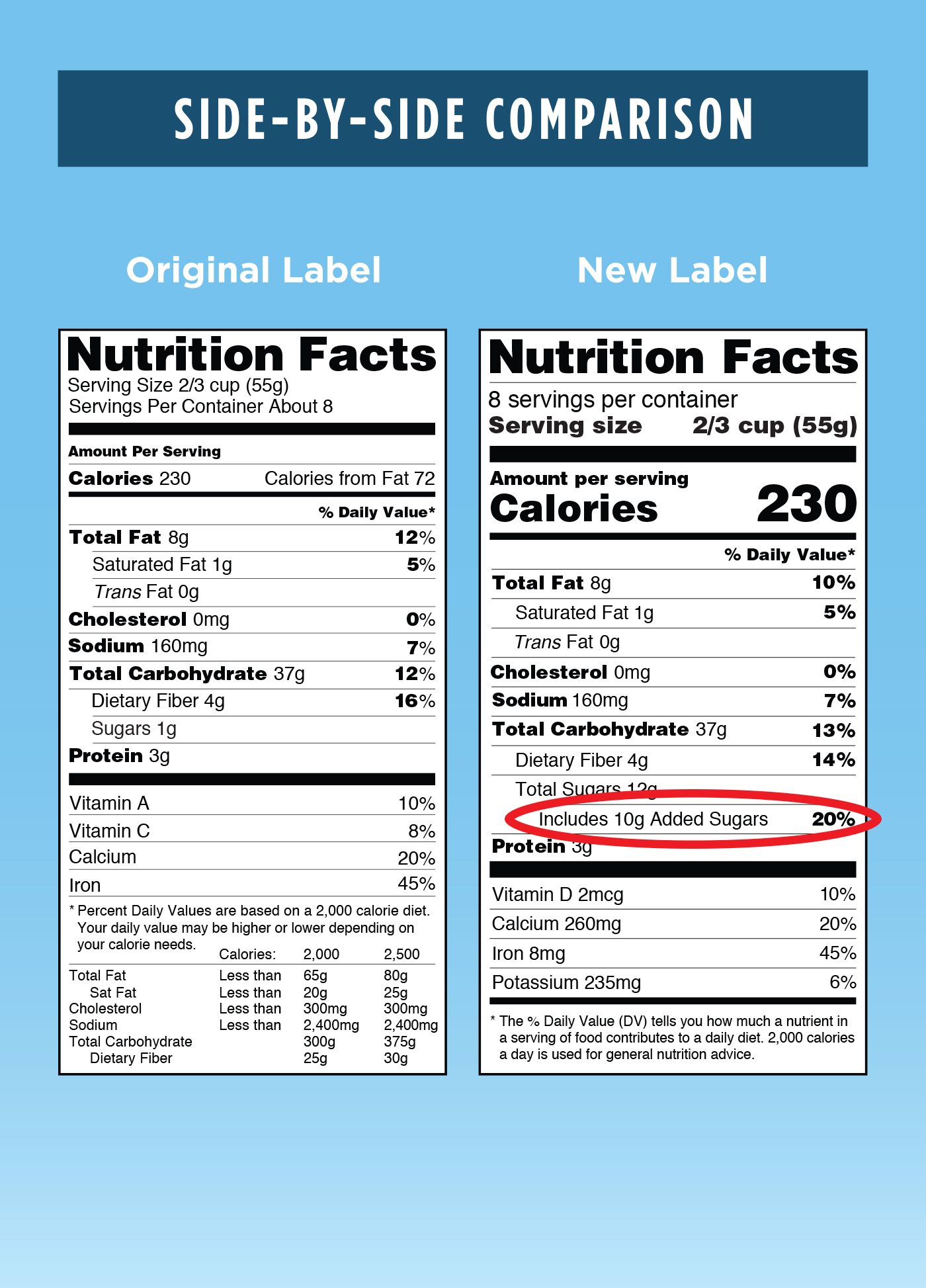

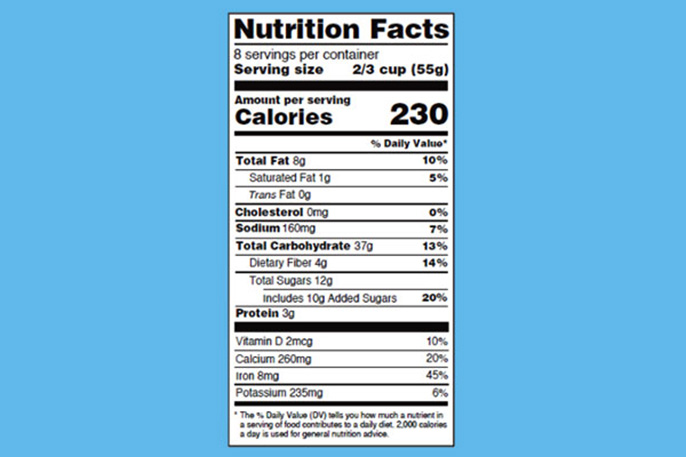

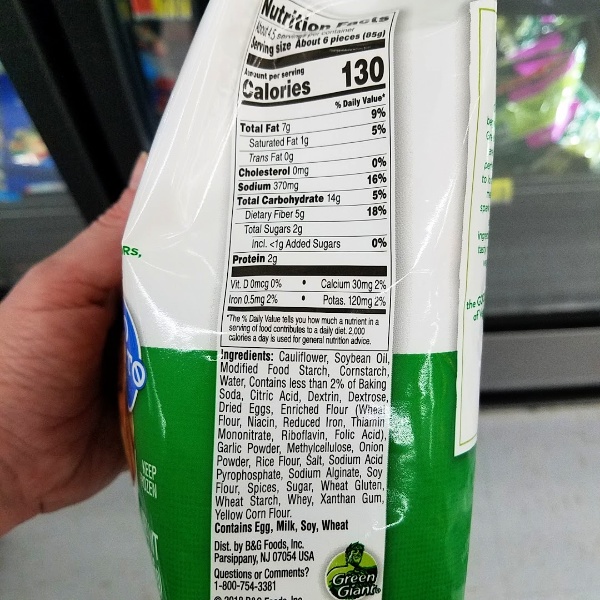
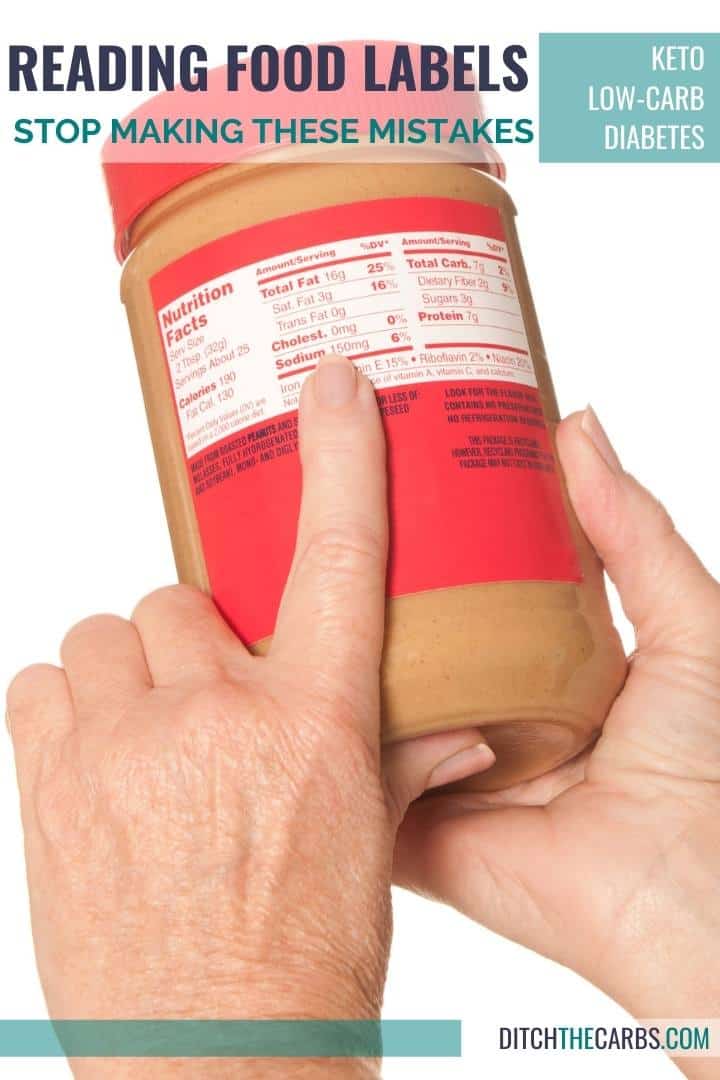
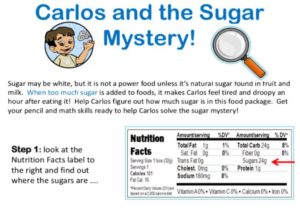


/https://www.thespec.com/content/dam/thespec/life/health-wellness/advice/2020/06/23/reading-the-food-label-six-things-to-look-for/labels.jpg)

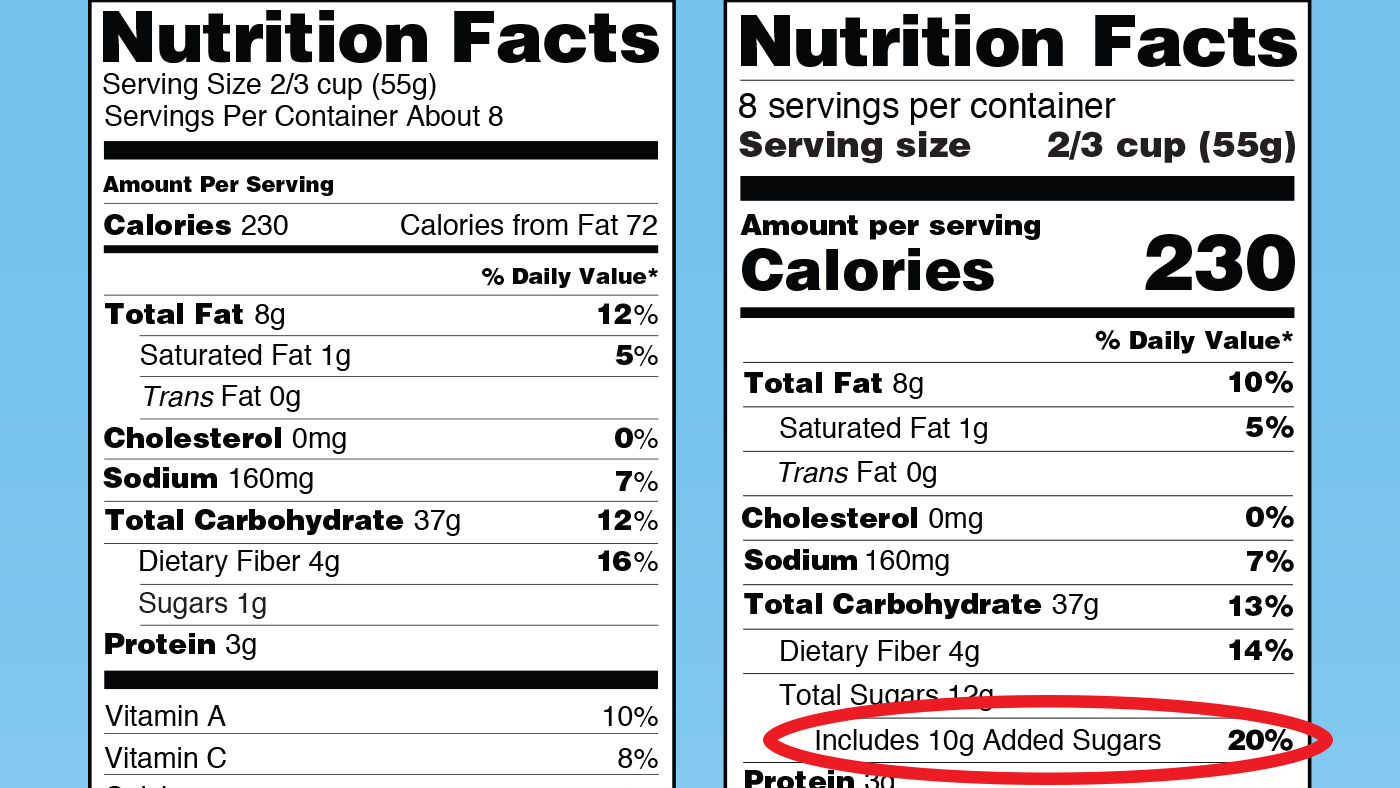
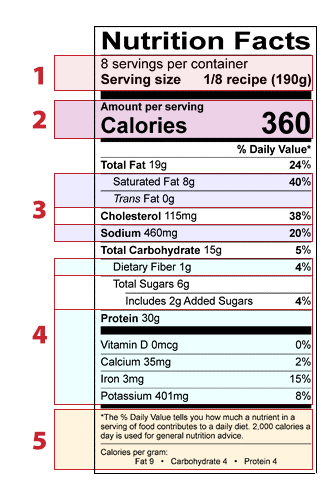


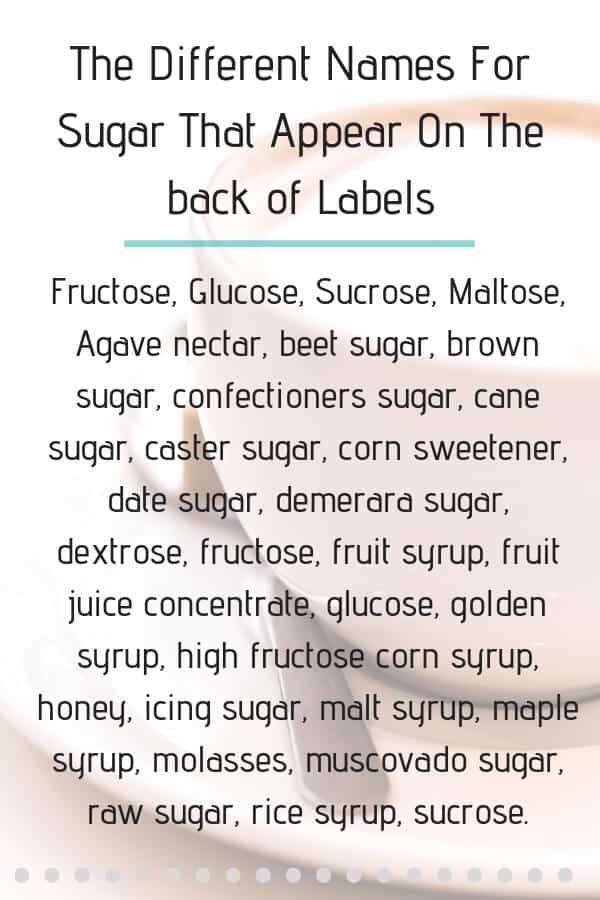
/cdn.vox-cdn.com/uploads/chorus_asset/file/6518801/Screen%20Shot%202016-05-20%20at%209.35.14%20AM.png)
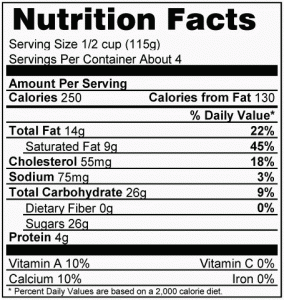



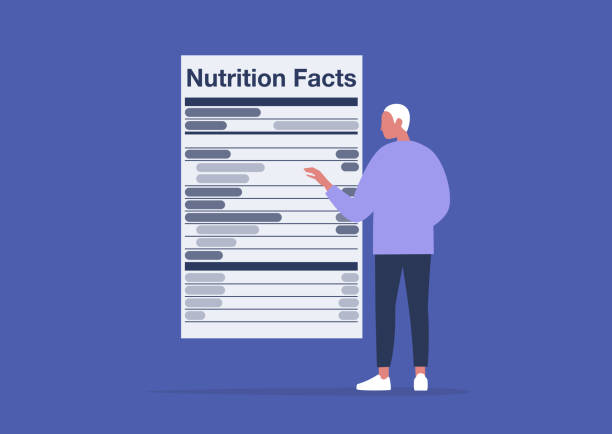


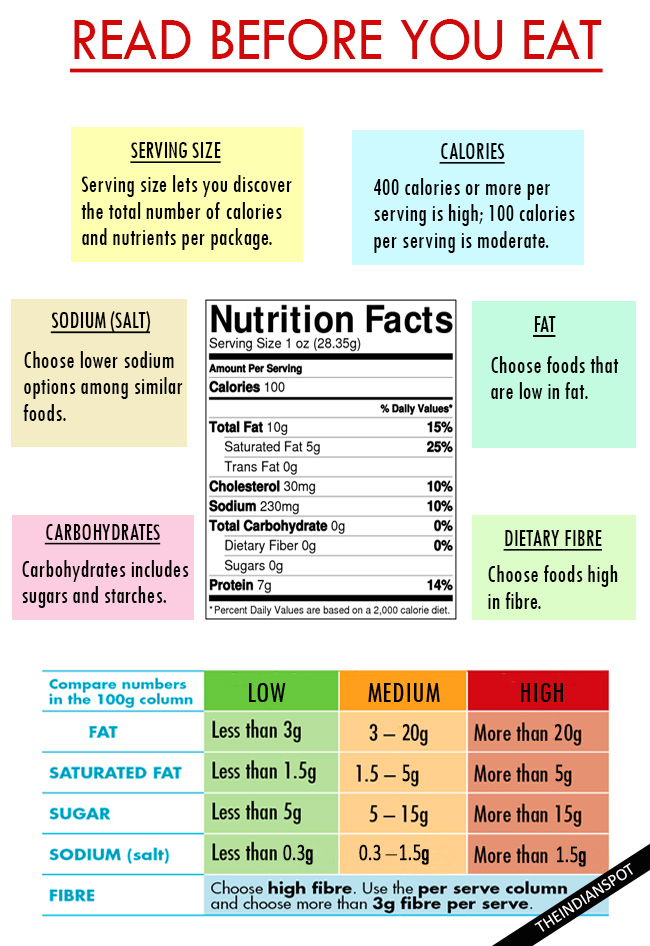


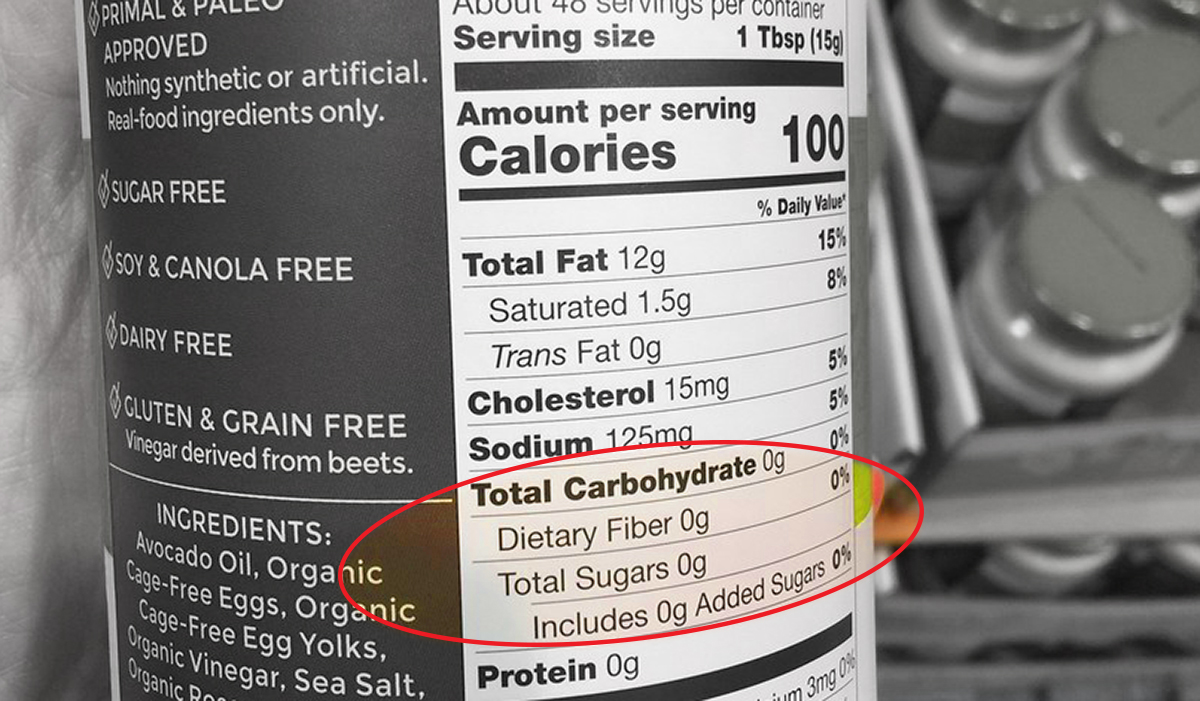


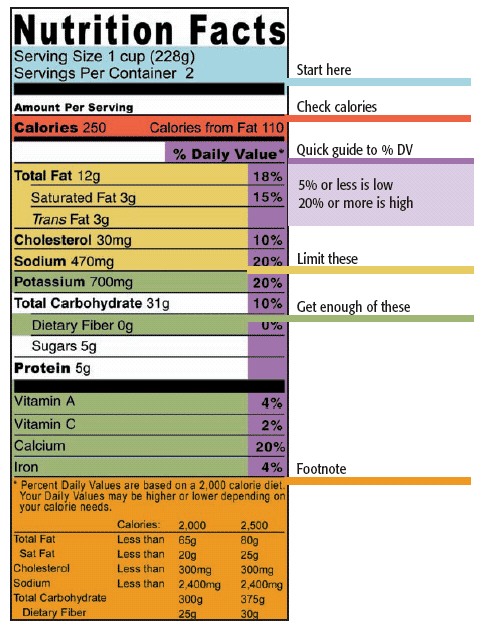

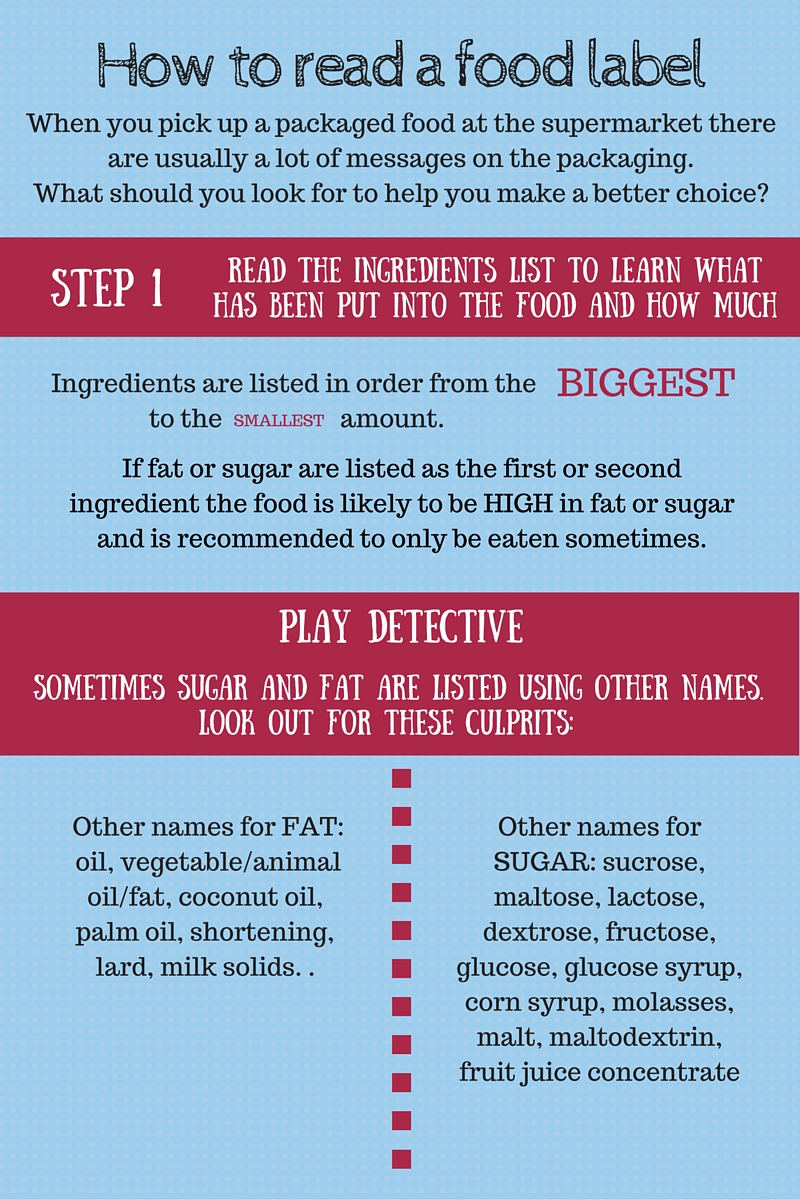

Post a Comment for "39 reading food labels sugar"